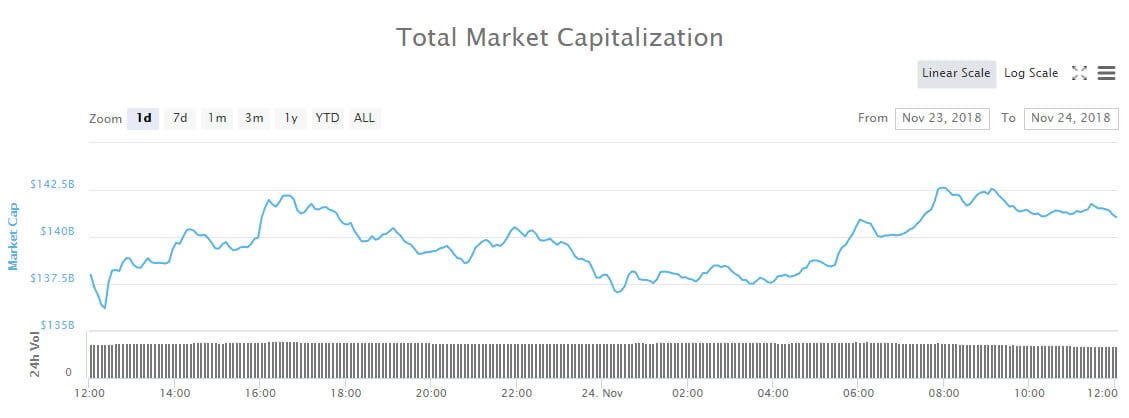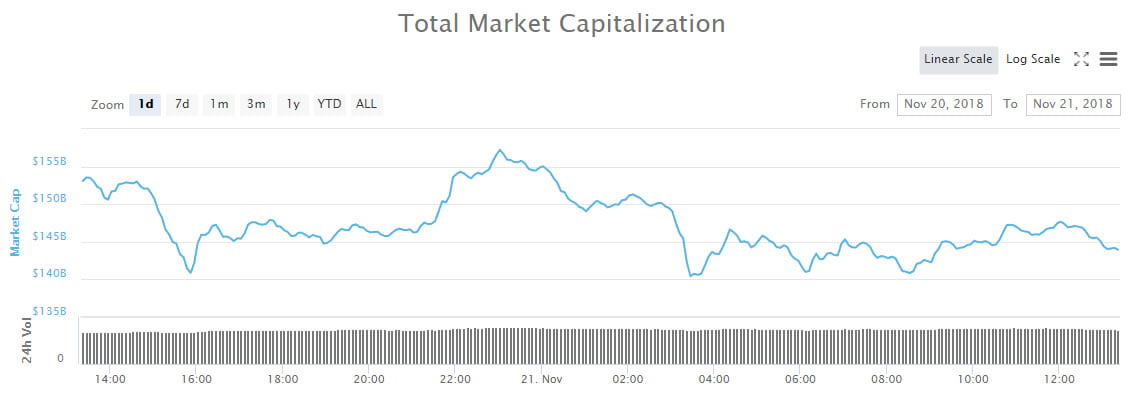2024-9-10 00:57 |
Bitcoin (BTC) experienced a sharp 7% decline in early September dropping slow as $52,878. On Monday night, Bitcoin staged a minor recovery, jumping 5% to reclaim $57,000. This trend followed global stock market movements, influenced by expected U.S. inflation data and challenges to the U.S. dollar’s dominance.
Source: BNC Bitcoin Liquid Index
Expectations for Bitcoin remain mixed ahead of the upcoming U.S. inflation report. S&P 500 index futures increased by 1.4% after a low on September 6, buoyed by hopes that the U.S. Federal Reserve might lower interest rates, potentially easing monetary policy. Economists anticipate a 2.6% inflation rate for August, with results due on September 11.
Bitcoin’s response to lower inflation is complex due to its role as a hedge with its fixed supply. Analysts suggest that easier access to cheaper capital could boost Bitcoin’s price as liquidity increases and yields on fixed investments drop. However, Bitcoin faces competition from high-performing tech stocks, which can impact its price due to their correlation and the financial performance of booming tech companies.
With the U.S. presidential election looming in November, political developments also play a role. The Republican party and former President Donald Trump have suggested imposing significant tariffs on nations avoiding the U.S. dollar in transactions. This stance was reaffirmed by Trump at a rally in Wisconsin, as per a Bloomberg report on September 7.
Moreover, Ulrich Leuchtmann from Commerzbank AG commented that Trump’s policies might push countries further away from the dollar, potentially weakening its status as a global reserve currency.
From an investment perspective, a weaker dollar could benefit Bitcoin, although it doesn’t guarantee outperformance compared to traditional assets like gold, stocks, or real estate. Nevertheless, the sustained demand for Bitcoin derivatives indicates underlying market resilience.
ETFs Experience Outflows
In the United States, 11 spot Bitcoin exchange-traded funds (ETFs) saw combined net outflows of $1.2 billion over eight days, marking the longest sequence of withdrawals since their inception on January 10th. Bloomberg reported that between August 30th and September 6th, investors pulled approximately $1.2 billion from these Bitcoin ETFs.
Source: Bloomberg
During this period, Bitcoin’s price faced significant challenges, dropping from a high of $64,668 on August 26th to a low of $53,491 by September 7th, a 17.28% decline within two weeks. Analysts note that Bitcoin typically underperforms in September, before recovering in Q4. Despite a shaky start to the month with a more than 2% loss early on, experts still see potential for an upward trend in Bitcoin’s value.
Despite recent outflows, the broader interest in crypto-related ETFs remains robust. In 2024, crypto-related products dominated ETF launches. According to The ETF Store, of the 400 new ETFs launched, the top four by size were all spot Bitcoin ETFs. These include the BlackRock iShares Bitcoin Trust, Fidelity’s Wise Origin Bitcoin Fund, the ARK 21Shares Bitcoin ETF, and the Bitwise Bitcoin ETF Trust.
Additionally, among the top 25 ETF launches this year by inflow volume, 13 were related to cryptocurrencies. Notably, 10 of these were Bitcoin-focused, and three pertained to Ethereum. Among Ethereum ETFs, the iShares Ethereum Trust ETF emerged as the seventh largest launch of the year, surpassing $1 billion in inflows by August.
Michael Saylor Gets Political
Michael Saylor, Executive Chairman of MicroStrategy, remarked on the differing attitudes toward cryptocurrencies between the two major political parties during a CNBC interview. Saylor highlighted that Republicans, particularly former President Trump, have adopted a more favorable stance towards cryptocurrencies, positioning themselves as quite progressive in comparison to Democrats who seem to be aligning more towards the center in their views on crypto and Bitcoin.
Saylor also discussed the potential implications of SEC Chairman Gary Gensler’s role in a future Harris administration. However, he was careful to note that commenting on such specifics was beyond his expertise.
Despite recent downturns in Bitcoin’s price, Saylor remains optimistic about its future. He reiterated his projection that Bitcoin could eventually represent 7% of global capital, which would equate to a price of about $13 million over the next twenty years.
MicroStrategy has shifted its business model to focus primarily on Bitcoin, branding itself as a Bitcoin strategy company. Since beginning its Bitcoin acquisitions in August 2020, MicroStrategy has amassed approximately $8.3 billion worth of the cryptocurrency. Although the company’s shares soared by 879% since it started investing in Bitcoin, they have declined by 20% in the past six months, mirroring the cryptocurrency’s recent struggles.
origin »Bitcoin price in Telegram @btc_price_every_hour
Bitcoin (BTC) на Currencies.ru
|
|







